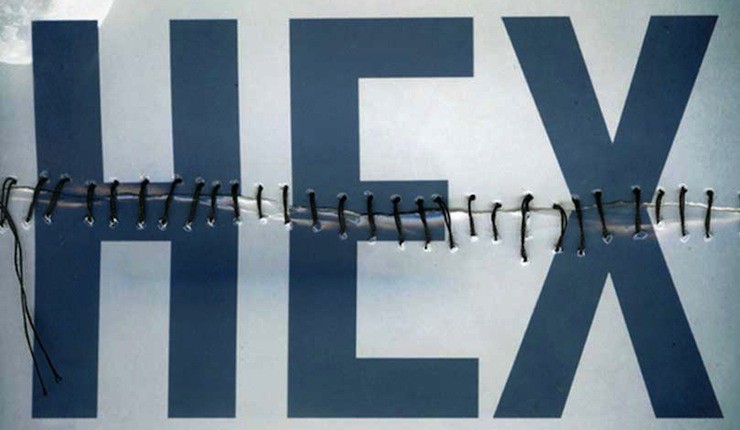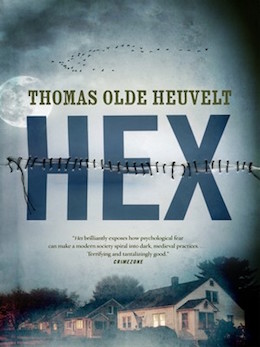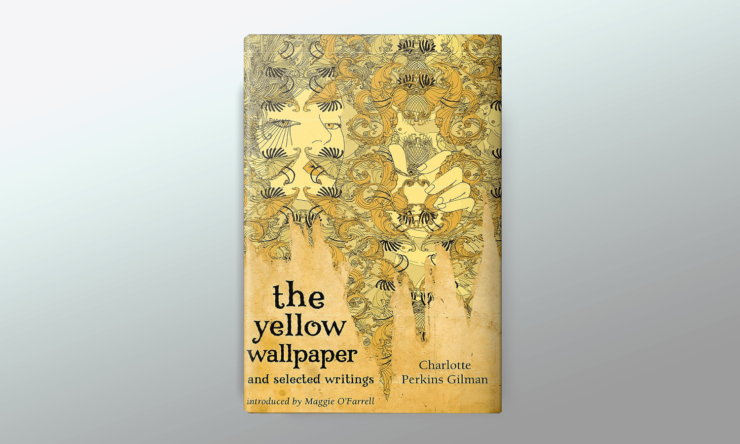Advertisement
Answering Your Questions About Reactor:
Right here.
Sign up for our weekly newsletter.
Everything in one handy email.
You Know How the Story Goes

Thomas Olde Heuvelt
Thomas Olde Heuvelt
Born in 1983, Thomas Olde Heuvelt is the much praised Dutch author of five novels and many stories of the fantastic. BBC Radio called Thomas “One of Europe’s foremost talents in fantastic literature.” Olde Heuvelt is a multiple winner of the Paul Harland Award for best Dutch Fantasy. His story “The Boy Who Cast No Shadow” received the Honorable Mention in the Science Fiction & Fantasy Translation Awards. His latest novel HEX is currently being translated into English. For more information, look at www.oldeheuvelt.com.
Latest from Thomas Olde Heuvelt
Showing 8 results
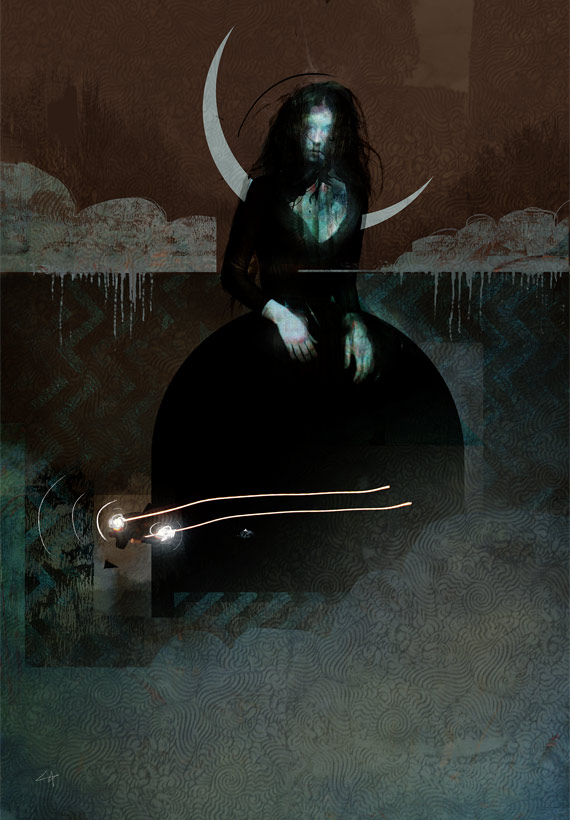
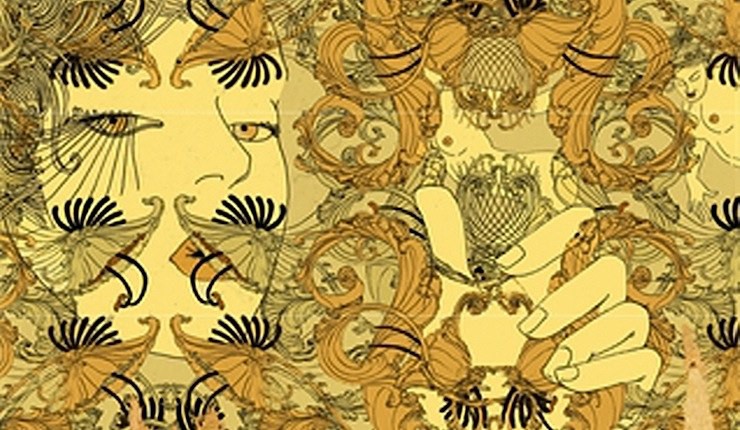


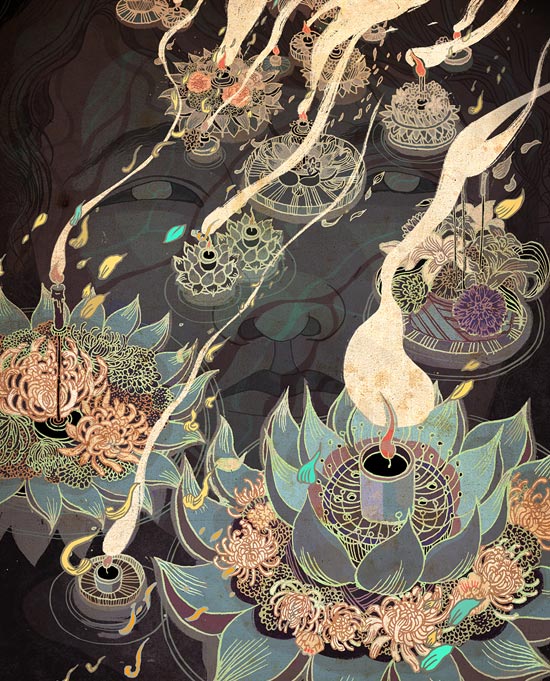
“The sky above the port was the color of television, tuned to a dead channel.”
William Gibson, Neuromancer









